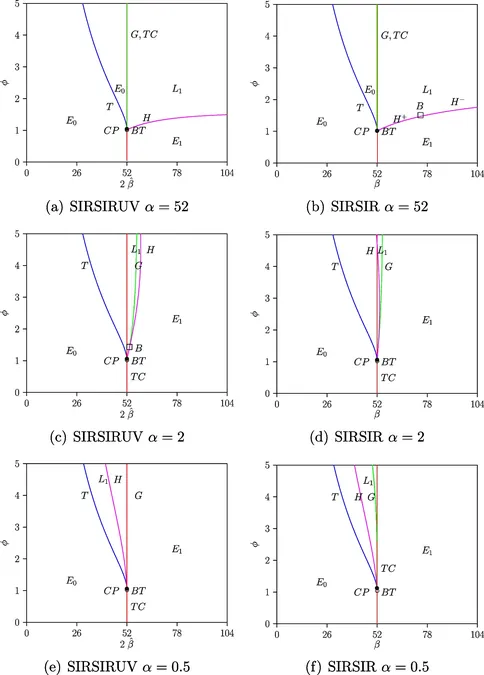
Alcohol and Cancer: Shocking New Insights from Groundbreaking Report!
2024-10-01
Overview of Recent Findings
Recent scientific insights have dramatically shifted our understanding of the relationship between alcohol consumption and health, particularly regarding its link to cancer. A landmark report from the American Association for Cancer Research has unveiled startling findings that threaten the prevalent notion of alcohol as a benign social lubricant.
The Risk Factors
The report indicates that approximately 40% of all cancer cases stem from 'modifiable risk factors'—elements of our lifestyle that we can actively change, with alcohol consumption being one of the most significant contributors. This connection extends to six major types of cancer: head and neck cancers, esophageal cancer, liver cancer, breast cancer, colorectal cancer, and stomach cancer.
Alarming Statistics
The statistics are alarming. In 2019, over 5% of cancer diagnoses in Western countries were directly attributed to alcohol, a figure that continues to rise. This data challenges the widely held belief that moderate drinking is harmless and underscores a mounting body of research tying alcohol consumption to increased cancer risk.
Trend Among Younger Adults
What's more concerning is the emerging trend of rising cancer rates among younger adults. Researchers are particularly alarmed by the surge in early-onset colorectal cancer among individuals under 50, which has seen a worrisome annual increase of 1.9% between 2011 and 2019. As scientists explore the factors contributing to this trend, alcohol consumption is consistently identified as a potential key player.
Power of Reduction
While it’s crucial to acknowledge that alcohol does not guarantee cancer development, it is a modifiable risk factor—unlike many others. Reducing or completely eliminating alcohol intake could significantly empower individuals to lower their cancer risk. The correlation is evident: increased alcohol consumption correlates with greater cancer risk, even with light to moderate drinking, particularly in cases of breast cancer.
Biological Mechanisms
But the hazards of alcohol extend beyond mere numbers. The human body processes alcohol into acetaldehyde, a toxic byproduct that can inflict DNA damage—the very blueprint of our cells. This can lead to mutations that increase cancer susceptibility. Furthermore, alcohol disrupts nutrient absorption, alters hormone levels, and may allow harmful substances to penetrate cells, particularly in the oral cavity and throat.
Interconnected Lifestyle Factors
It’s essential to consider other lifestyle factors that amplify the cancer risks associated with alcohol. Tobacco use, genetic predispositions, physical inactivity, and obesity—often linked with heavy drinking—further exacerbate the threat. Notably, it’s not the type of beverage (beer, wine, spirits) that heightens cancer risk, but the ethanol itself that poses the danger. Although some studies purport that red wine might offer health benefits, there remains insufficient evidence to claim it helps prevent cancer.
A Call for Mindful Consumption
The overarching message isn’t to eliminate enjoyment of alcohol altogether but to approach consumption with mindfulness and moderation. A vast study involving over 135,000 older adults in the UK has shown a clear link between increased alcohol intake and elevated risk of mortality from various causes, emphasizing the dire need for public education on this issue.
Conclusion
As we advance in understanding the complex interplay between alcohol and cancer risk, it's becoming increasingly apparent that what many perceive as harmless could have far-reaching health implications. Staying informed and making conscious choices about alcohol consumption could change not just individual outcomes but also collective public health.




 Brasil (PT)
Brasil (PT)
 Canada (EN)
Canada (EN)
 Chile (ES)
Chile (ES)
 España (ES)
España (ES)
 France (FR)
France (FR)
 Hong Kong (EN)
Hong Kong (EN)
 Italia (IT)
Italia (IT)
 日本 (JA)
日本 (JA)
 Magyarország (HU)
Magyarország (HU)
 Norge (NO)
Norge (NO)
 Polska (PL)
Polska (PL)
 Schweiz (DE)
Schweiz (DE)
 Singapore (EN)
Singapore (EN)
 Sverige (SV)
Sverige (SV)
 Suomi (FI)
Suomi (FI)
 Türkiye (TR)
Türkiye (TR)